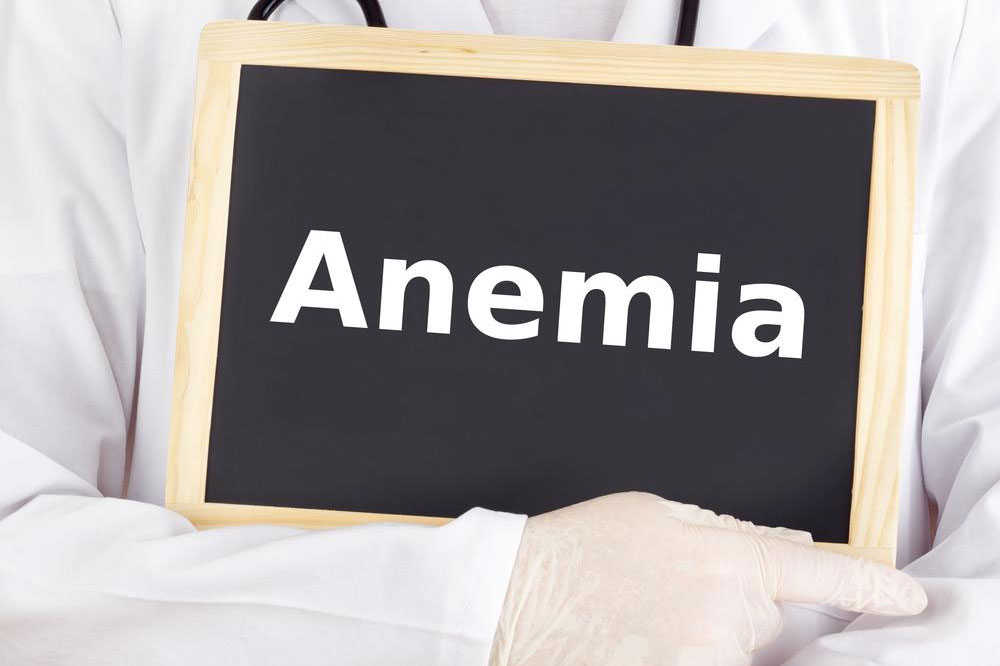
3 Main Types and Causes of Anemia
Anemia is a type of blood disorder. Blood circulates through the entire body, and if there is any issue with it, it may show in more than one part of the body. Anemia affects the hemoglobin levels and results from the improper creation of red blood cells (RBCs) or low levels of the same. There are different types and causes of anemia.
Iron-deficiency anemia
This type of anemia is characterized by low levels of iron in the body. Iron is an important protein for the creation of hemoglobin. This protein is present in RBCs, the carrier of oxygen in the blood. All the iron that comes through food is not ingested in the intestines, but a large part of it releases in the bloodstream. There are different types and causes of anemia, and the patient demographics for the same also vary. The groups at risk for developing iron-deficiency anemia include infants, children, women of childbearing age, people with internal bleeding, and those with conditions like Crohn’s disease, celiac disease, or kidney failure. Since low levels of iron cause the disorder, taking supplementary iron is recommended by doctors.
Aplastic anemia
Aplastic anemia is also known as bone marrow failure and occurs due to damage to the stem cells. Although rare, this is a serious blood disorder. Damaged bone marrow can cause inefficiencies in the creation of RBCs, WBCs, and platelets in the required amounts. The causes of this kind of anemia can also be inherited. One of the most common causes of bone marrow damage results in autoimmune disorders. Patients at risk for aplastic anemia include those undergoing chemotherapy, those with diseases and conditions that result in bone marrow damage, and those on certain kinds of medications. The treatment for aplastic anemia depends on the cause for the bone marrow damage and may include blood transfusions and bone marrow transplants.
Pernicious anemia
This type of anemia is characterized by low levels of vitamin B12, which, along with folate, is required for the creation of ample RBCs in the body. The low vitamin B12 levels are caused due to lack of intrinsic factor, a protein made in the stomach that absorbs this required vitamin. This lack of intrinsic factor can be attributed to autoimmune issues. Other causes for pernicious anemia include low vitamin B12 absorption in the small intestine and a diet that is low on elements with vitamin B12. Groups at risk for this type of anemia include those with medical conditions that cause low absorption or this type of vitamins or those simply with a poor diet. Pernicious anemia is mostly treated with vitamin B12 supplements unless other specific causes cause low absorption and need treatment. For those that have pernicious anemia due to a certain type of medication, the doctor may change the type of medicine they take.


